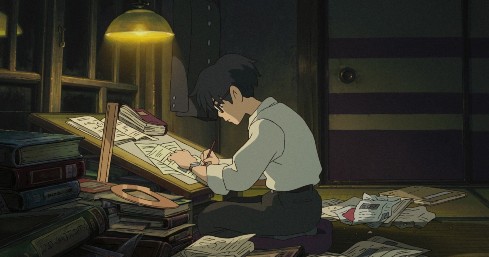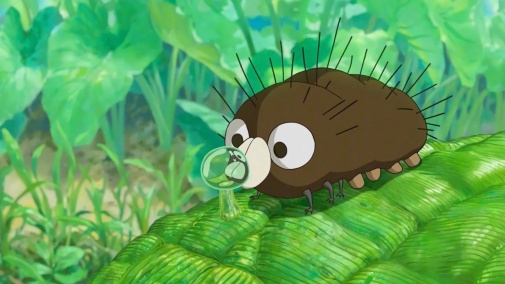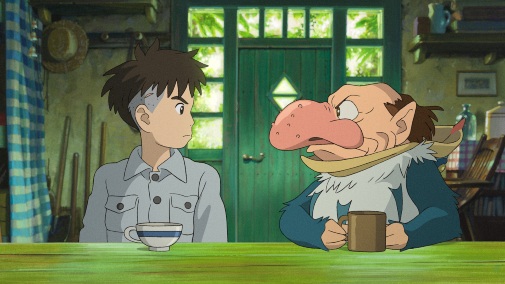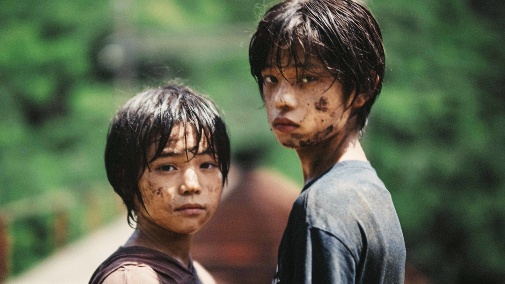My Miyazaki Ranking: Part Three – Self-Portraits
 Monday, March 25, 2024 at 6:00PM
Monday, March 25, 2024 at 6:00PM 
One way or another, artists can't help but put some part of themselves into their work. It might not be obvious or a direct expression of character. It might not even be conscious on their part. However, it's there for those willing to see, from works by the most self-effacing hacks to world-renowned auteurs. Hayao Miyazaki is no different, though he's sometimes prone to underselling just how personal some of his pictures can be. Of course, there's no denying the introspection happening in his most recent "last films," and not even the director has tried to distance The Wind Rises or The Boy and the Heron from such interpretations. But there's more self-portraiture in his filmography than just those late-career triumphs. I'd say there's a lot of Miyazaki in a little witch who loved to fly…





